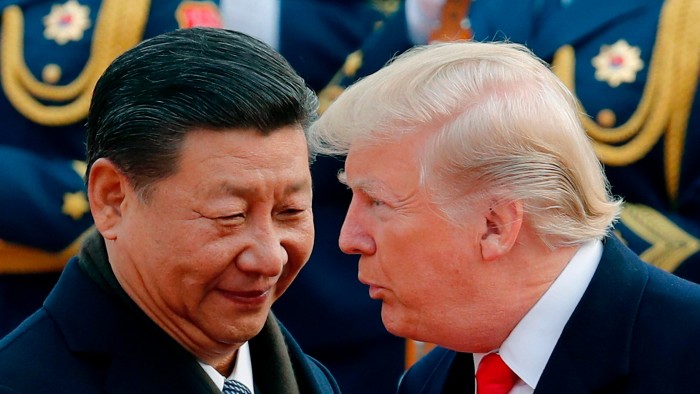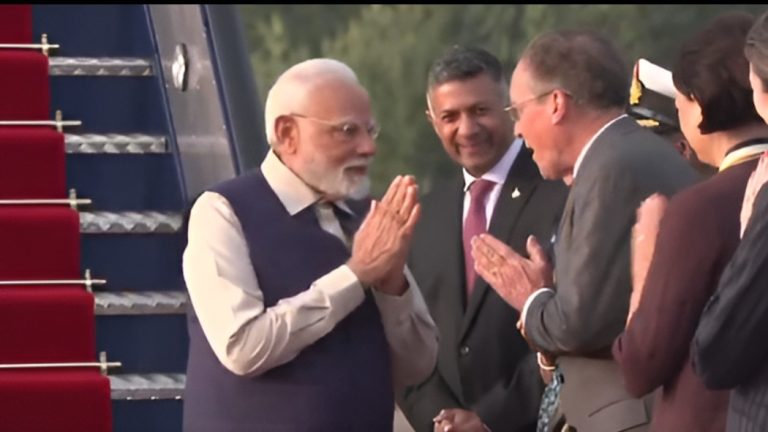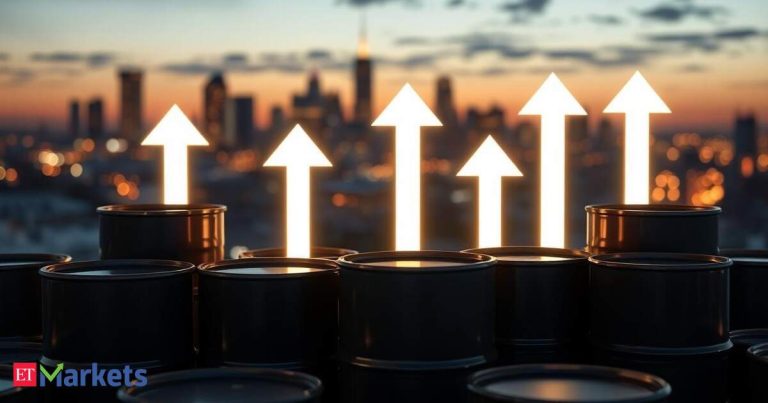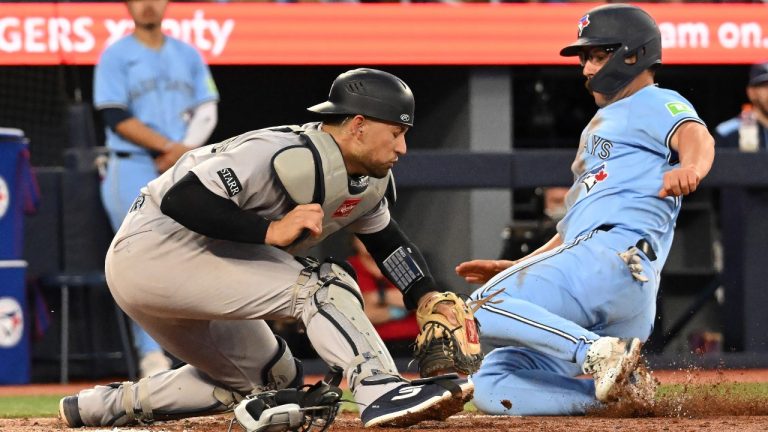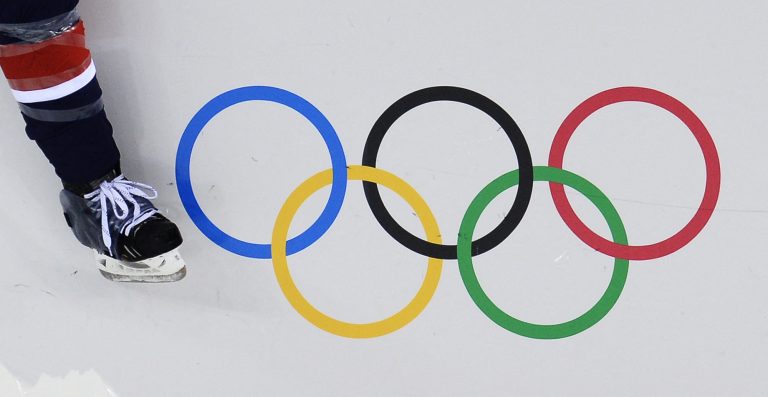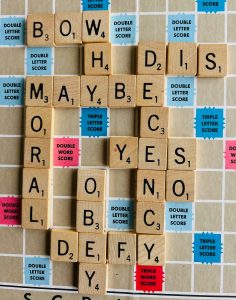Unlock the White House Watch newsletter for free
Your guide to what Trump’s second term means for Washington, business and the world
Smart money says that Donald Trump’s upside is that you know where he stands. That may be true on his love of grift and loathing of immigrants and trade deficits. When it comes to Trump and China, however, economists should drop their caveat about “all things being equal”.
Nothing to do with Trump’s China policy is predictable, let alone equal. Does he care about Taiwan? Let’s toss a coin. Does he want the US to decouple from China? Spin the roulette wheel. Trump’s supposed coming phone call with China’s President Xi Jinping is unlikely to lift our confusion. China is the ultimate Trump riddle.
You can hardly blame the Chinese for being wary of talking to him. In late April, Trump told Time that Xi had called him — “and I don’t think that’s a sign of weakness on his behalf”. No call had taken place.
Any reading by Trump of Xi’s psychology should thus be put down to an AI-style hallucination. China’s foreign ministry accused Trump of “misleading the public”, which by today’s standards was polite. But we should not mistake Xi’s avoidance of “wolf warrior” invective for submission to Trump in the tariffs war. China is not the UK. The Chinese are as confused about Trump’s endgame as everyone else.
If Xi does finally agree to a call with Trump — the first since he was inaugurated — the duelling Washington-Beijing readouts would make for interesting reading. It is almost impossible to imagine Xi agreeing to sit down for one of Trump’s reality TV Oval Office specials. That crapshoot has had big downside impacts on Ukraine’s Volodymyr Zelenskyy and South Africa’s Cyril Ramaphosa, and proved helpful to Canada’s Mark Carney and arguably to Britain’s Keir Starmer. Xi will never agree to run that gauntlet. Nor should he.
The China-US component of Trump’s on-again off-again trade war is in a category of its own. The rest are based on exaggerated or imaginary complaints. The EU is no likelier to concede that its value added tax is a trade barrier than Canada will admit to exporting fentanyl to the US. Both are fictions. By contrast, China’s dual-use technological ambitions pose a big geopolitical conundrum to America. How Trump addresses those — whether he scraps Joe Biden’s “small yard, high fence” restrictions on semiconductor trade with China — matters to everyone.
Yet we have little clue how much they concern Trump. The leverage goes both ways. The US could continue to restrict China’s access to AI technology and chips. But Trump has already relaxed some of this. Nvidia’s chief executive Jensen Huang is an influential advocate with Trump of further relaxation. On the other side, China has a stranglehold on the world’s rare earth supply that is critical to a wide range of US production. Trump claims China has reneged on last month’s deal to resume its exports of rare earths to the US. In that pause, Trump reduced his 145 per cent tariff on China to 30 per cent.
Will he ratchet tariffs up again if China does not lift its embargo? There is no way of knowing. Once upon a time Trump thought that the China-owned TikTok was a threat to US national security. Now he is keeping the social media app alive — with a possible view of a forced sale to a Trump business partner — against the wishes of Congress and the Supreme Court. As goes TikTok, so might go Trump’s China policy.
The same confusion reigns over Taiwan. Many voices in Trump’s administration urge a hardline defence of Taiwan. Pete Hegseth, the US defence secretary, said last week: “The threat China poses [to Taiwan] is real. And it could be imminent.” But few in the US or around the world take Hegseth seriously. Trump hired him to play Pentagon chief on TV. China is widely believed to be getting ready to launch an invasion of Taiwan by 2027. Hegseth could well have been speaking the truth. But you cannot assume he is credible. Trump has thus created a real national security risk by having a secretary of defence of cry wolf.
Trump’s China uncertainty is also a tax on the global economy. France’s Emmanuel Macron spoke for many last week when he said: “We don’t want to be instructed on a daily basis what is allowed, what is not allowed, and how our life will change because of the decision of a single person.”
That was one way of putting it. Here is another from JPMorgan’s Jamie Dimon: “China is a potential adversary . . . But what I really worry about is us.” Dimon was tactful not to name the US president. On the conundrum posed by Trump’s erraticism, China and the rest of the world are as one.
